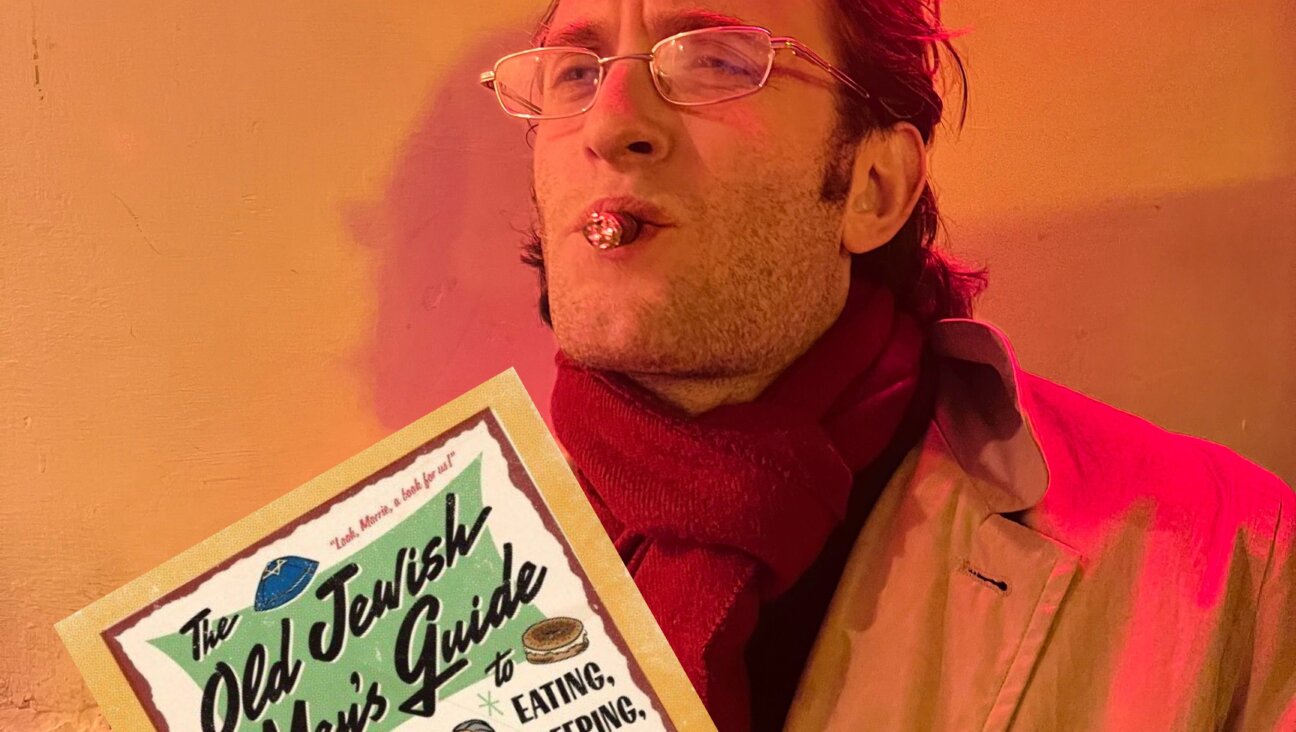BINTEL BRIEFHow can I get my non-Jewish friends to acknowledge my holidays?
Bintel says: Try inviting them over for blintzes on Shavuot

Who doesn’t like blintzes? Photo by iStock
A Bintel Brief, Yiddish for a bundle of letters, has been solving reader dilemmas since 1906. Send yours via email, social media or this form.
Dear Bintel,
I’m very aware of non-Jewish holidays — Christmas and Easter, for example — and make an effort to reach out to close friends that celebrate them. I’ve celebrated with their families and even attended services with them.
When Jewish holidays like Rosh Hashanah, Yom Kippur, Hanukkah and Passover roll around, I get nothing in return. Frankly, it’s hurtful that some of my closest friends don’t acknowledge these holidays. They know I’m Jewish and that it’s a big part of my identity, but they make no effort to even send a quick text message to acknowledge the event. Needless to say, no one has celebrated with me.
It makes me feel invisible. Is it unfair to expect my non-Jewish friends to acknowledge Jewish holidays?
Signed,
Invisible
Dear Invisible,
So, you invited these people over for Shavuot and they turned you down? Only an oaf says no to blintzes!
Or is what you’re really saying that you expect non-Jews to keep track of our complicated lunar calendars and magically wish you the right greeting on the right date?
I do think that’s unreasonable — or at least unrealistic.
Jews are a tiny minority in the United States, where the Constitution prohibits the establishment of a state religion, but the culture is decidedly Christian. That’s life. Paper calendars and online reminders don’t always list Jewish holidays, and stores do not always go all out with commercial signals like the Peeps and egg-decorating kits that show up as Easter approaches.
And unlike Christmas, our holidays are not on fixed dates. They often fluctuate a month or more based on the moon and leap months. I can barely keep track myself — I once scheduled a family Hanukkah party on the wrong December weekend and nobody noticed until a week before.
Religion as a topic can also be a minefield, so some people avoid it rather than risk a faux pas. Saying the wrong thing — “Happy Yom Kippur,” for example — may be worse than saying nothing. But expecting a non-Jew to say “Have an easy fast” is expecting too much.
I have Indian, Chinese and Muslim acquaintances. Should I be wishing them all “Happy Diwali,” “Happy Lunar New Year” and “Joyful Eid”? I only do so when it comes up in conversation or I know for a fact that they’re doing something special for the holiday. But posting “Happy Diwali to all who celebrate” on Facebook is not a meaningful acknowledgement of someone’s culture. It’s just virtue-signaling.
It’s nice that you go out of your way to wish others happy holidays, but you should lower your expectations — or get proactive. Inviting your friends for a Rosh Hashanah toast or a latke party will let them know when the holidays are, what they’re about, and that you want them to share in the celebrations. If I had a shekel for every non-Jew I’ve taught to play dreidel on my living room floor, I’d be rich.
Make sure to let them know in advance what they’re in for. Like if your Passover Seder involves hours of conversation and singing as well as a sit-down dinner, they should not eat and run. But don’t be put out if they politely decline.
Also, be cognizant of that other holiday schedule: Hanukkah starts on Dec. 25 this year, so it’s probably not the best night to invite people who celebrate Christmas over to light the menorah.
Signed,
Bintel
Beg to differ? Send your advice for Upset by Antisemitism to [email protected], or submit a question of your own via this anonymous form.
YOUR TURN
A recent advice-seeker wondered how to tell a colleague that her hair’s a mess. Bintel said it’s never OK to comment on a co-worker’s hair: “It’s sexist and none of your business — and it might even land you in trouble,” if the recipient of the comment files a complaint.
One reader wrote: “I think you left out one key reason to avoid criticizing people’s lack of combing their hair: i.e., they like it that way. Many people, especially, but not only, men, are uncomfortable with their thinning hair and bald spots. I am one of them. Whenever I get my hair done, my hairdresser helps me plan to cover my scalp with my diminishing quantity of hair. This strategy includes styling my hair to look best while ‘mussed up.’” He added: “I would tell the eytzes gebber (intrusive advice giver), ‘I very much appreciate your advice on how to improve my look. Even more so, I am touched that you care to do so ‘for my own good.’ When you finish your helpful hints, I will repay your kindness and give, for your own good, of course, advice on improving your look.’”
Another reader liked our response, adding: “I too am a frizz head.”
























